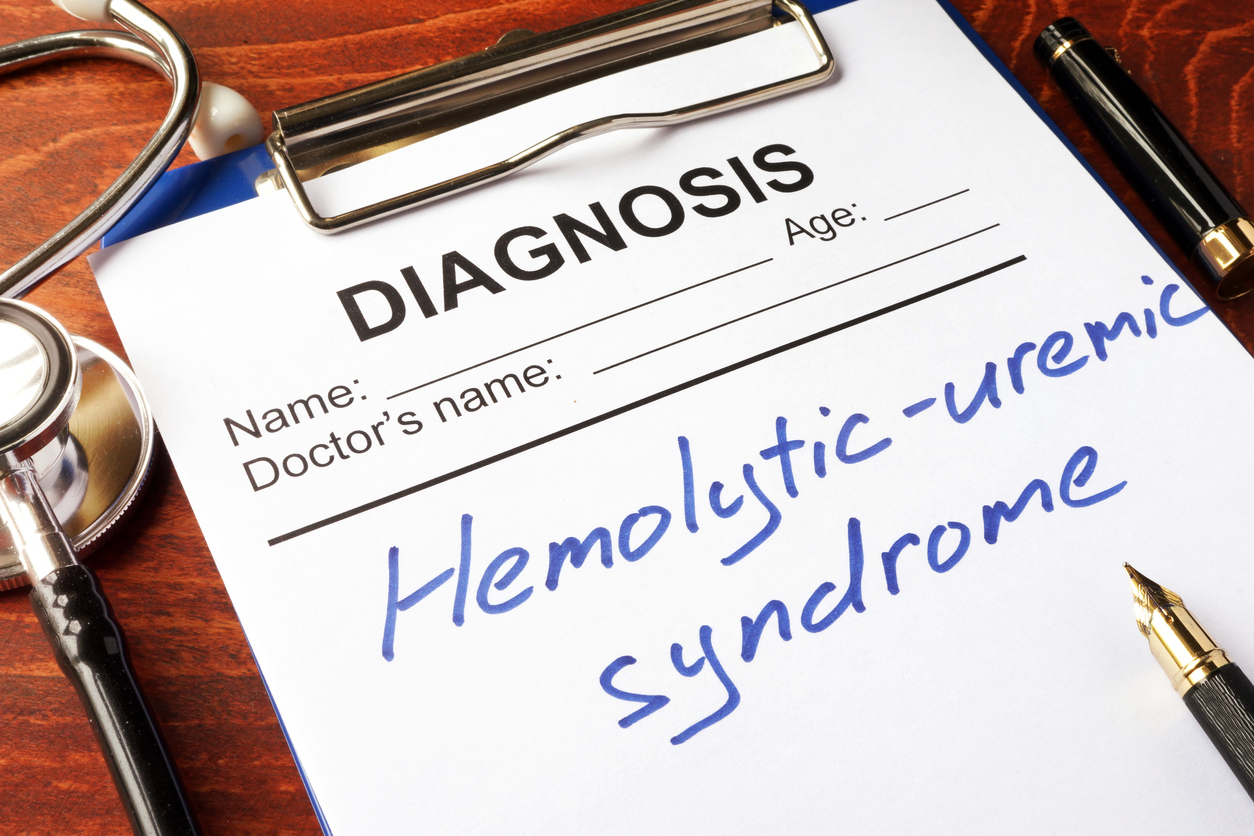2024-03-04
Atypical HUS associated with pregnancy
Gynecology
Atypical hemolytic uremic syndrome is a thrombotic microangiopathy, caused by uncontrolled activation of the alternative complement pathway in the context of autoantibodies or rare pathogenic genetic variants in complement proteins. Such a syndrome can occur during pregnancy, with serious or even fatal consequences. Diagnosis remains difficult due to clinical signs similar to other pregnancy complications, in particular hypertensive disorders. In this narrative review, researchers describe two cases of atypical hemolytic uremic syndrome in pregnant women to illustrate the diagnostic and therapeutic challenges. The first case involved a 30-year-old woman who developed the syndrome in the first trimester of pregnancy, and the second case involved a 22-year-old woman who developed severe postpartum HELLP syndrome.

Last press reviews
Birch allergy: could one shot change everything?

#AllergicRhinoconjunctivitis #IgG4 #Allergoid #BirchPollen #Immunotherap...
Allergies: could the gut hold the key?

#SeasonalAllergicRhinitis #Probiotics #Prebiotics #GutMicrobiota...
Parkinson’s disease: bone health shouldn’t be overlooked

#ParkinsonsDisease #Osteoporosis #FractureRisk #FRAX #Prevention...